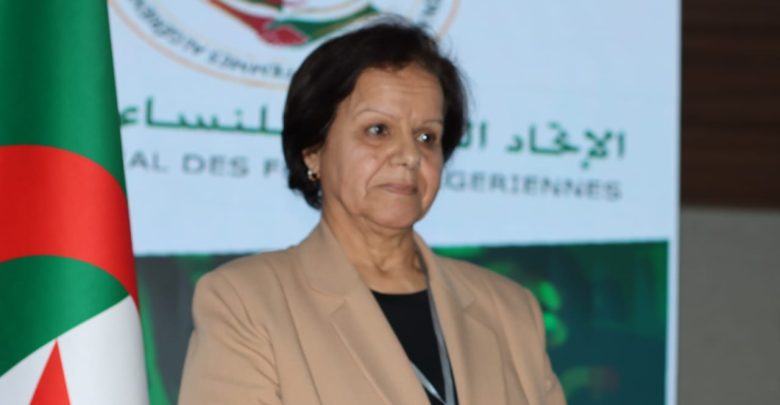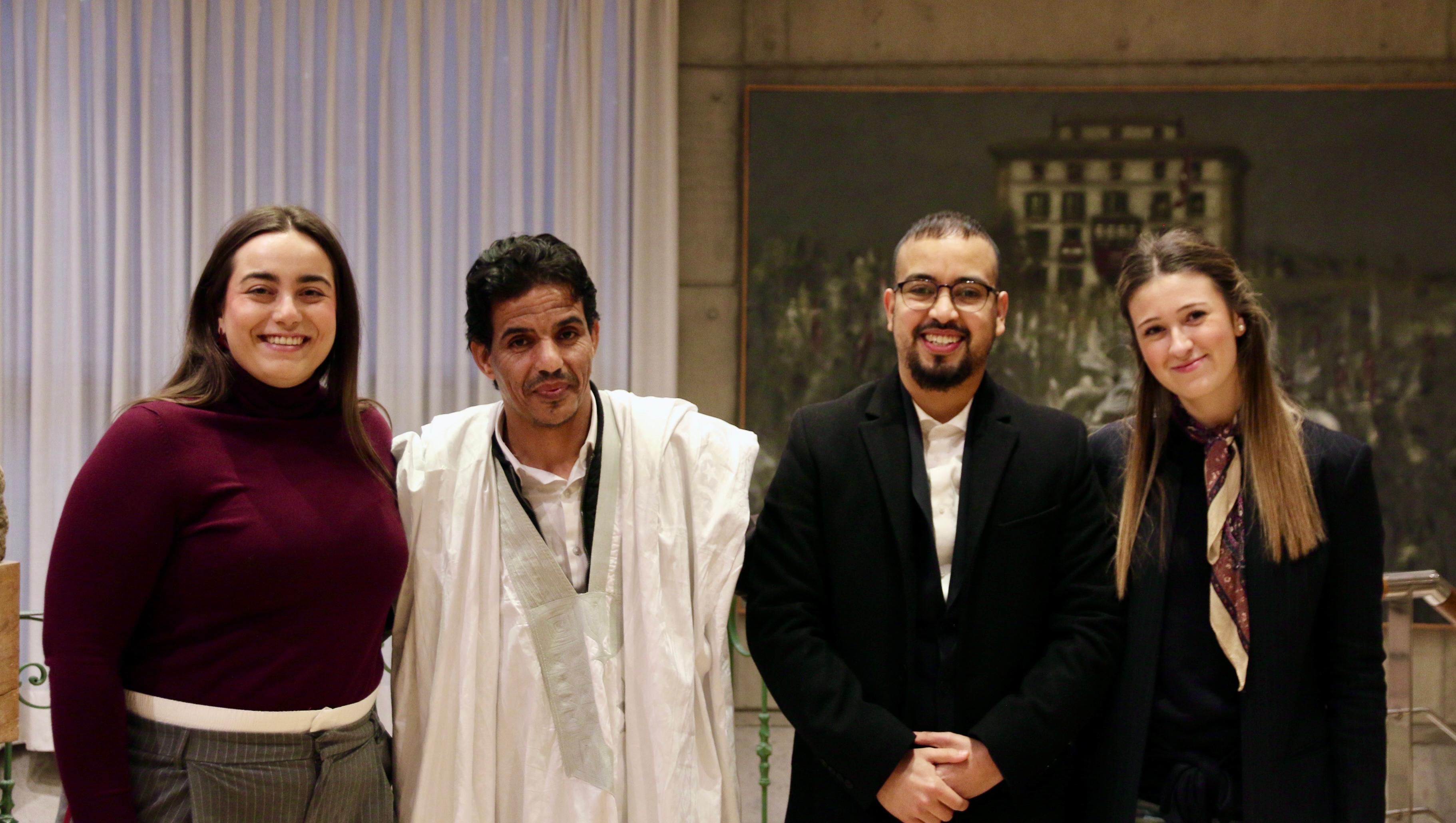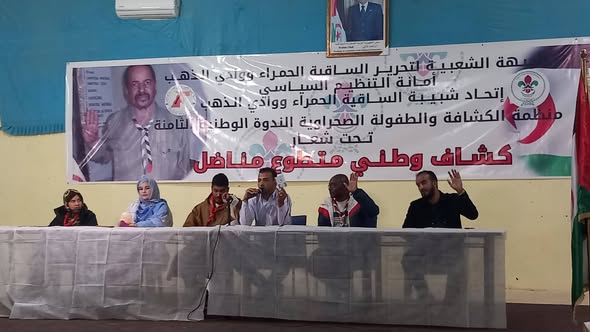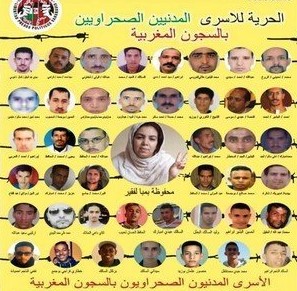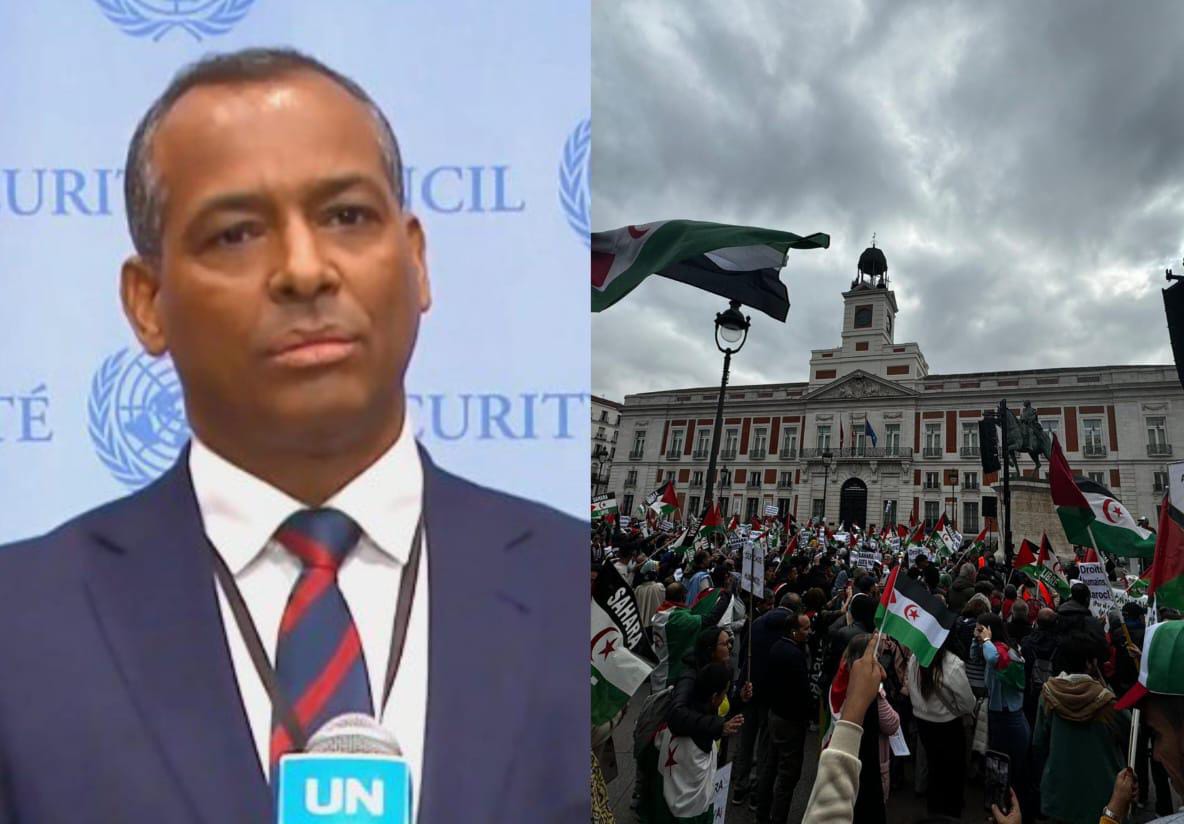
New York (United Nations), 16 November 2024 (SPS) - On the forty-ninth anniversary of the signing of the “Madrid agreement”, Dr Sidi Mohamed Omar, Member of the National Secretariat, Representative of the Frente POLISARIO at the UN and Coordinator with MINURSO, wrote an article outlining the position of the United Nations regarding the agreement in light of the UN’ reaffirmation of the international situation of Western Sahara as a decolonisation issue.
The following is the text of the article, a copy of which was obtained by SPS:
“MADRID AGREEMENT” DOES NOT HAVE ANY LEGAL EFFECT ON THE INTERNATIONAL STATUS OF WESTERN SAHARA
Forty-nine years have passed since Spain signed a “tripartite agreement” with Mauritania and Morocco regarding the administration of Western Sahara in total disregard for the United Nations repeated calls for the decolonisation of the Territory in line with UN General Assembly resolution 1514 (XV) on the Declaration on the Granting of Independence to Colonial Countries and Peoples of 1960.
The agreement (“Madrid Declaration of Principles”), which was signed in Madrid on 14 November 1975, was null and void because it was concluded in violation of Spain’s own obligations as an Administering Power of Western Sahara and the inalienable right of the Sahrawi people to self-determination and independence.
Morocco, the occupying state, always argues that the decolonisation of Western Sahara had been “definitively settled” by General Assembly resolution 3458 B (XXX) of 10 December 1975 in which the General Assembly “took note” of the “Madrid agreement”. Spanish officials also use the letter addressed by Spain’s permanent representative to the United Nations to the UN Secretary-General on 26 February 1976 to justify their signing of the agreement.
It is a well-established fact that the UN General Assembly has never “approved” the “Madrid agreement” and has never recognised the agreement to have affected the international status of Western Sahara as a Territory pending decolonisation, a status emanating from the inclusion of the Territory by the Special Committee on Decolonisation (C-24) on the list of the Territories to which the Declaration on the Granting of Independence to Colonial Countries and Peoples applied in 1963.
In particular, the legal opinion issued by the Under-Secretary-General for Legal Affairs, the Legal Counsel, on 29 January 2002, at the request of the Security Council is abundantly clear on this issue. In his Legal Opinion, the Legal Counsel, Hans Corell, established that “The Madrid Agreement did not transfer sovereignty over the territory, nor did it confer upon any of the signatories the status of an administering Power—a status which Spain alone could not have unilaterally transferred. The transfer of administrative authority over the Territory to Morocco and Mauritania in 1975 did not affect the international status of Western Sahara as a Non-Self-Governing Territory”.
In numerous resolutions of the UN General Assembly, including resolution 78/81 of 7 December 2023, the General Assembly reaffirmed that “in the absence of a decision by the General Assembly itself that a Non-Self-Governing Territory has attained a full measure of self-government in terms of Chapter XI of the Charter of the United Nations, the administering Power concerned should continue to transmit information under Article 73 (e) of the Charter with respect to that Territory”.
No decision to this effect has ever been taken by the General Assembly in the case of Western Sahara. In this sense, Spain remains the Administering Power of Western Sahara within the meaning of Chapter XI of the UN Charter, with all the responsibilities that this status entails in terms of Spain’s “sacred trust” towards the Territory and its people until they have exercised their inalienable right to self-determination and independence in line with the relevant UN resolutions.
This fact was confirmed by Spanish justice itself. On 4 July 2014, the Criminal Division of the Spanish National High Court ruled that Spain, de jure although not de facto, continues to be the Administering Power of the Territory of Western Sahara, and as such, until the decolonisation is completed, it has the obligations set forth in Articles 73 and 74 of the UN Charter.
Guided by the UN Charter and UN General Assembly resolutions, especially resolution 2625 (1970) on the Declaration on Principles of International Law concerning Friendly Relations and Co-operation among States in accordance with the Charter of the United Nations, the Court of Justice of the European Union confirmed, in its judgement of 21 December 2016, that Western Sahara had “a separate and distinct status” by virtue of the principle of self-determination in relation to that of any State, including the Kingdom of Morocco.
The fact that the General Assembly and its subsidiary bodies continue to address the question of Western Sahara as an issue of decolonisation within the meaning of Chapter XI of the UN Charter means that “Madrid agreement” and Morocco’s continued attempts to forcibly entrench its illegal occupation of parts of Western Sahara by all means have no legal effect whatsoever on the international status of Western Sahara.
The UN Secretary-General has repeatedly reaffirmed in his successive reports on Western Sahara, including his report presented to the latest session of the General Assembly, that the Special Political and Decolonisation Committee (Fourth Committee) of the General Assembly and the Special Committee on the Situation with regard to the Implementation of the Declaration on the Granting of Independence to Colonial Countries and Peoples address Western Sahara as an issue of decolonisation. This fact was recently reaffirmed in the resolution adopted by the Fourth Committee on Western Sahara on 17 October 2024.
As noted above, Spanish officials usually refer to the letter addressed from Spain’s permanent representative to the UN, Jaime de Piniés, to the UN Secretary-General on 26 February 1976 whereby Spain considered itself except from any responsibility of an international character regarding the administration of Western Sahara. However, what Spanish officials always omit is that the same letter placed on record the following: “ the decolonisation of Western Sahara will reach its climax when the views of the Saharan population have been validly expressed”.
The key question that Spanish officials should answer is this: has the opinion of the Sahrawi people been “validly expressed” with a view to bringing about the decolonisation of Western Sahara? In the light of the above, the answer is clearly in the negative. Therefore, all those who claim that “Madrid agreement” has had any effect, legal or otherwise, on the international status of Western Sahara as addressed by the United Nations do not have any argument to substantiate their claims, except perhaps their belief in the logic of “might makes right” that is an antithesis to the UN Charter and the international law underpinning the existing international order.
In conclusion, it can safely be affirmed that, so long as the UN General Assembly has not validated the application of resolution 1514 (XV) in the decolonisation of the Territory , Western Sahara, as far as the United Nations is concerned, remains in every practical sense a Territory whose decolonisation is still to be accomplished based on the exercise by the Sahrawi people of their inalienable, non-negotiable, and imprescriptible right to self-determination and independence.
All States have the duty to refrain from any actions or measures, whatever their nature, that undermine the international status of Western Sahara or deprive its Sahrawi people of their inalienable to self-determination, which constitutes a peremptory norm of international law that is binding on all States, as affirmed by the International Court of Justice in its Advisory Opinion of 19 July 2024.
Dr Sidi Mohamed Omar
Frente POLISARIO Representative at the UN and Coordinator with MINURSO

